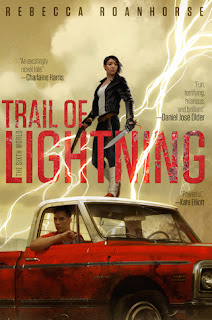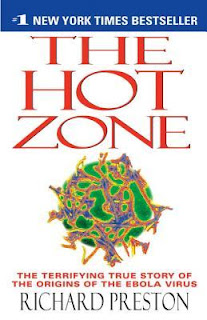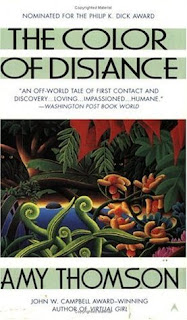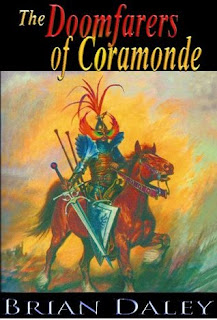About fat shaming
Recently I've started seeing a lot of opinions about what is called "fat shaming", the practice of making fun of someone or being offensive towards them because they are overweight. Some say that being morbidly obese should feel shameful, others that shaming people for their weight is cruel and doesn't help in any way, as stress and low self esteem lead to even more weight gain. There are even scientific reports in mainstream media about this.
I am here to tell you that, as someone who has always been heavier than desired, that probably shame doesn't help, but having a clear idea of your normal weight does. When I has about 115kg I felt fine, I felt normal, I had to have friends tell me that I gained too much weight. So I went to a nutritionist, lost weight, it wasn't even very difficult. I went to 102kg and stabilized around 105. I felt absolutely thin and sexy! I gained weight again after, but my image of myself had changed. I didn't feel normal at 115, so I started taking care of what I was eating. I am still orbiting 105kg now and probably it will be very hard for me to go under that limit, however what I am trying to tell you is that if I feel fat at one level, I will make at least a modicum of effort to not gain more weight. If my image of myself, both conscious and unconscious, is that normal is somewhere, I will go towards that limit.
Picking on someone or intentionally offending them is an asshole move, obviously, but changing the level of "normal" to suite the current average or culturally accepted weight in the name of niceness and political correctness is absolutely wrong. Just my two cents.
I am here to tell you that, as someone who has always been heavier than desired, that probably shame doesn't help, but having a clear idea of your normal weight does. When I has about 115kg I felt fine, I felt normal, I had to have friends tell me that I gained too much weight. So I went to a nutritionist, lost weight, it wasn't even very difficult. I went to 102kg and stabilized around 105. I felt absolutely thin and sexy! I gained weight again after, but my image of myself had changed. I didn't feel normal at 115, so I started taking care of what I was eating. I am still orbiting 105kg now and probably it will be very hard for me to go under that limit, however what I am trying to tell you is that if I feel fat at one level, I will make at least a modicum of effort to not gain more weight. If my image of myself, both conscious and unconscious, is that normal is somewhere, I will go towards that limit.
Picking on someone or intentionally offending them is an asshole move, obviously, but changing the level of "normal" to suite the current average or culturally accepted weight in the name of niceness and political correctness is absolutely wrong. Just my two cents.

 A few weeks ago I watched the mini series
A few weeks ago I watched the mini series  I got this book because I heard it was good and the synopsis reminded me of the
I got this book because I heard it was good and the synopsis reminded me of the  Imagine something as pompous as Lord of the Rings, with the many names, and the fancy speech, and the heavy lore, but worse. Imagine characters so cardboard and childish as to be the basest of archetypes: the young prince, the evil vizier, the good mage, the wise intellectual, the down-to-earth soldier, the evil step-mother queen, the noble savage, the beautiful red-head that doesn't speak much or voice any opinion of consequence, but all men talk about her and plan what to do with her (when they are not saving her) and so on and so on.
Imagine something as pompous as Lord of the Rings, with the many names, and the fancy speech, and the heavy lore, but worse. Imagine characters so cardboard and childish as to be the basest of archetypes: the young prince, the evil vizier, the good mage, the wise intellectual, the down-to-earth soldier, the evil step-mother queen, the noble savage, the beautiful red-head that doesn't speak much or voice any opinion of consequence, but all men talk about her and plan what to do with her (when they are not saving her) and so on and so on.

